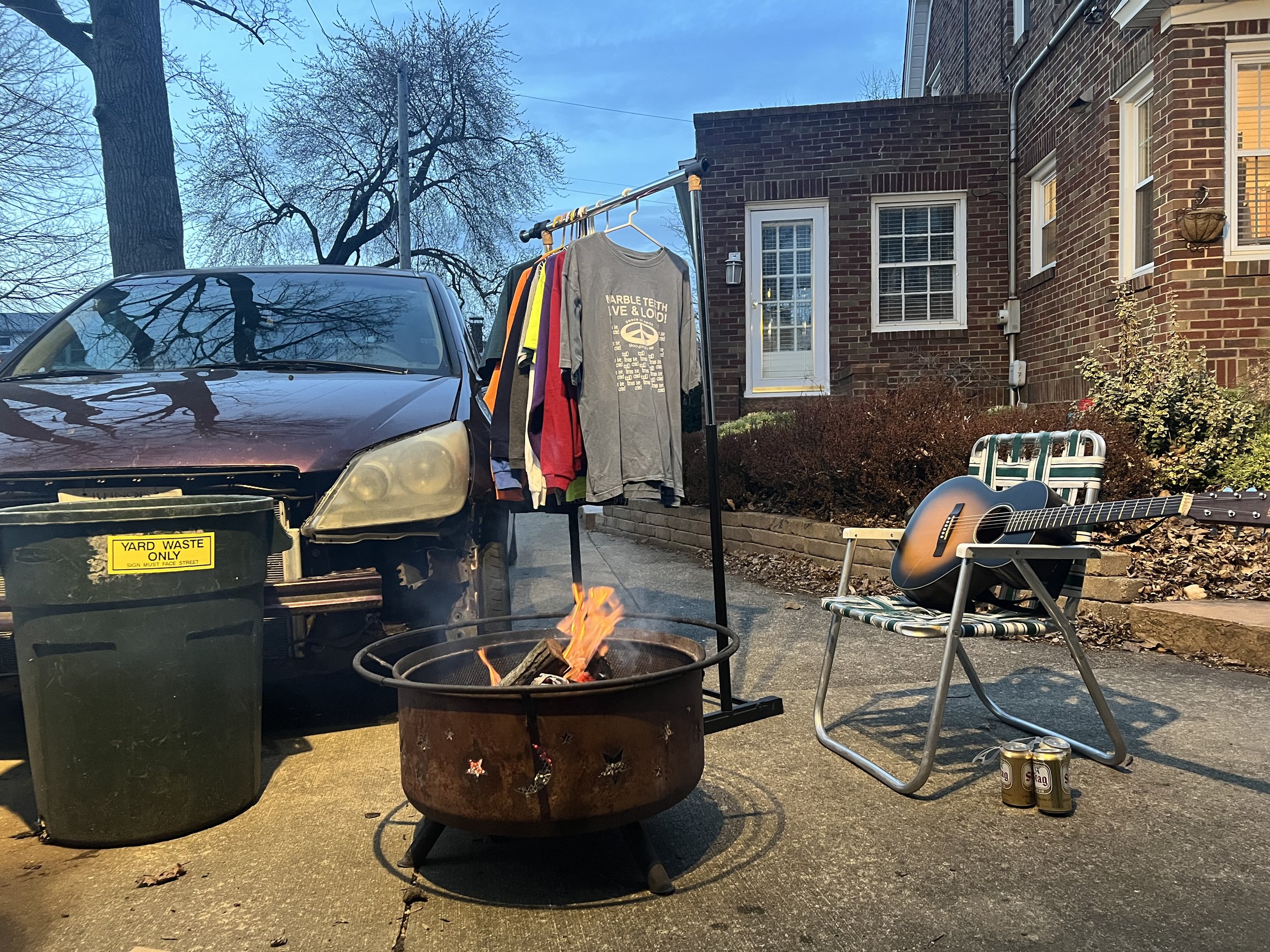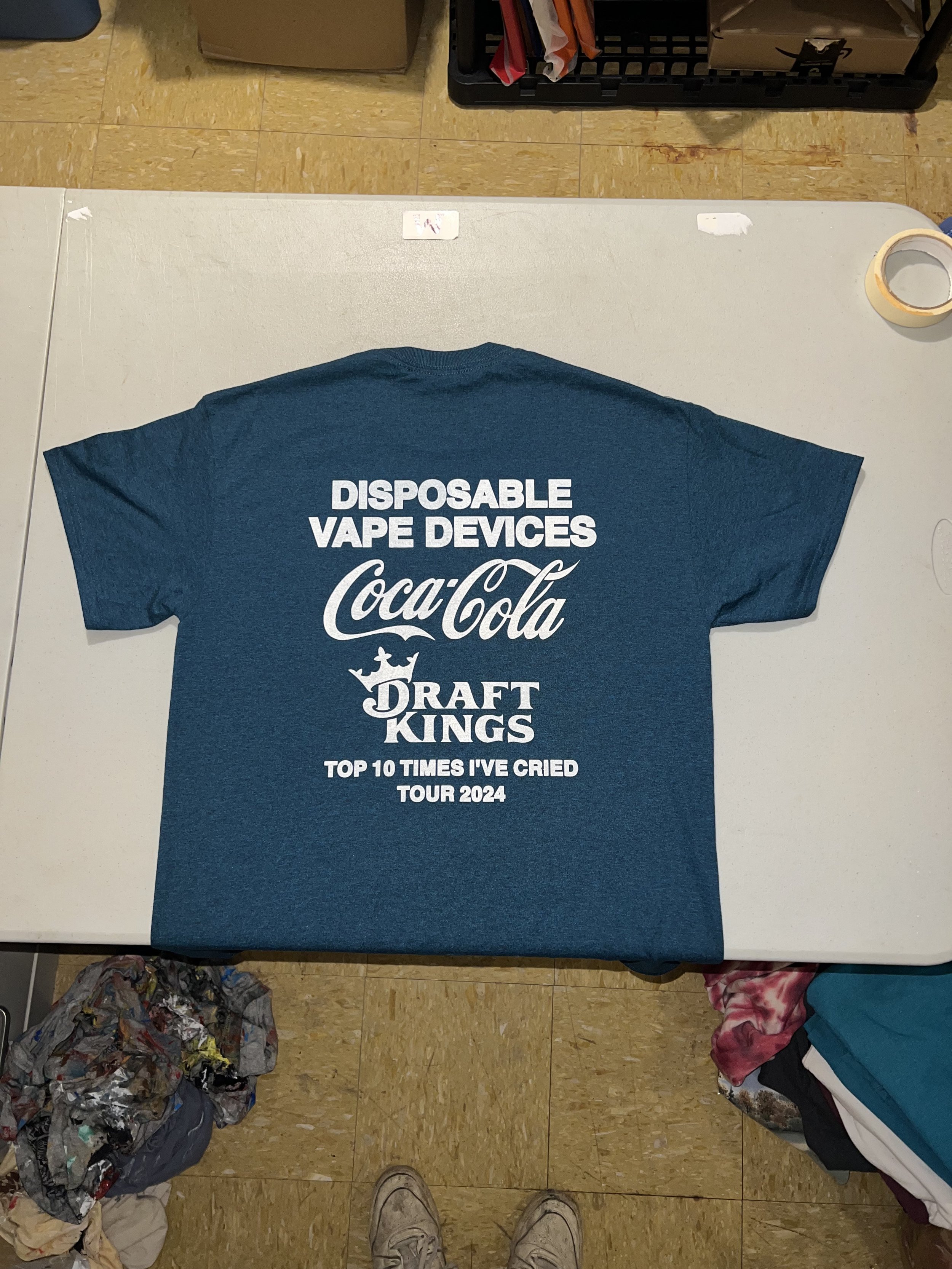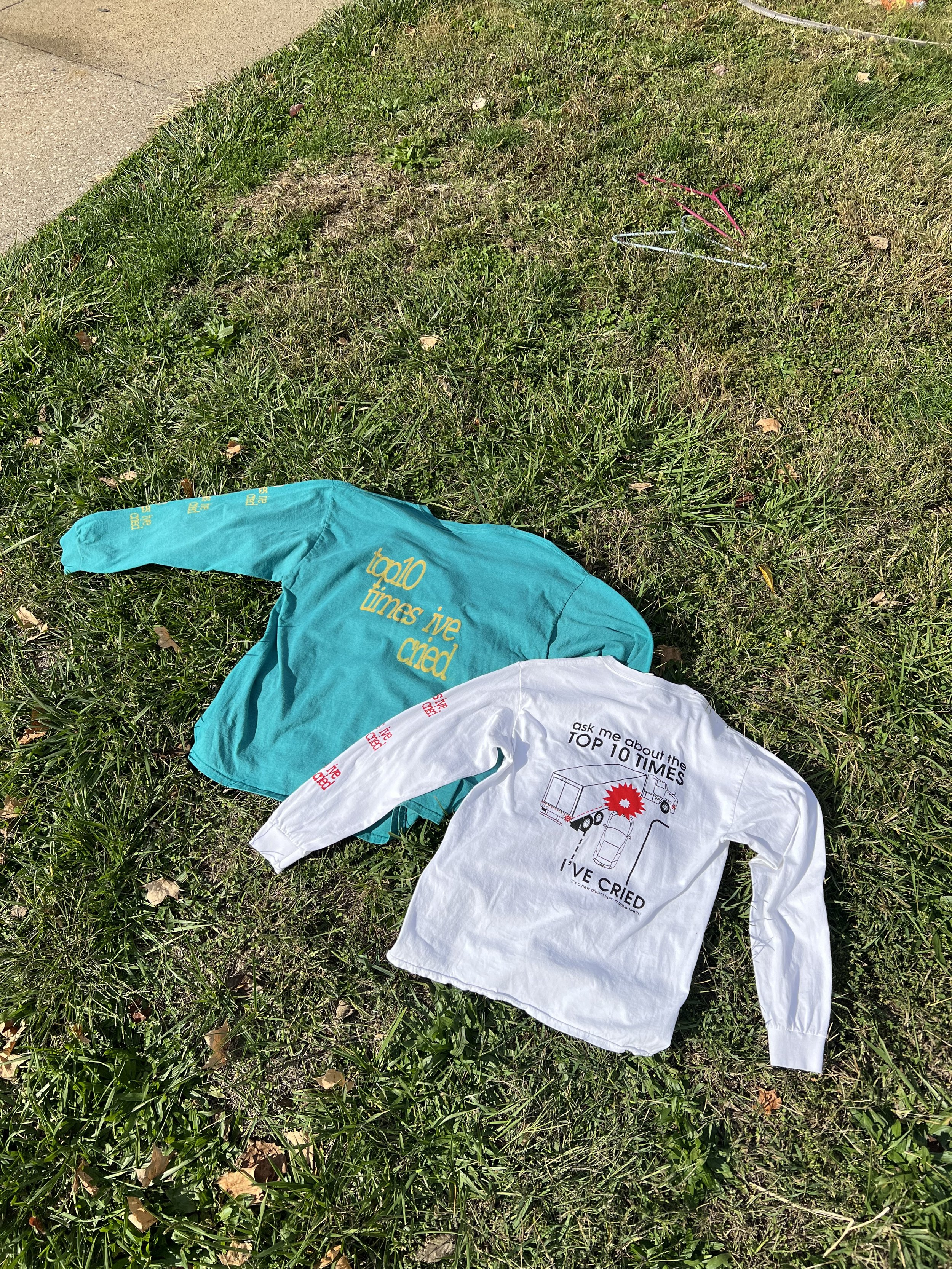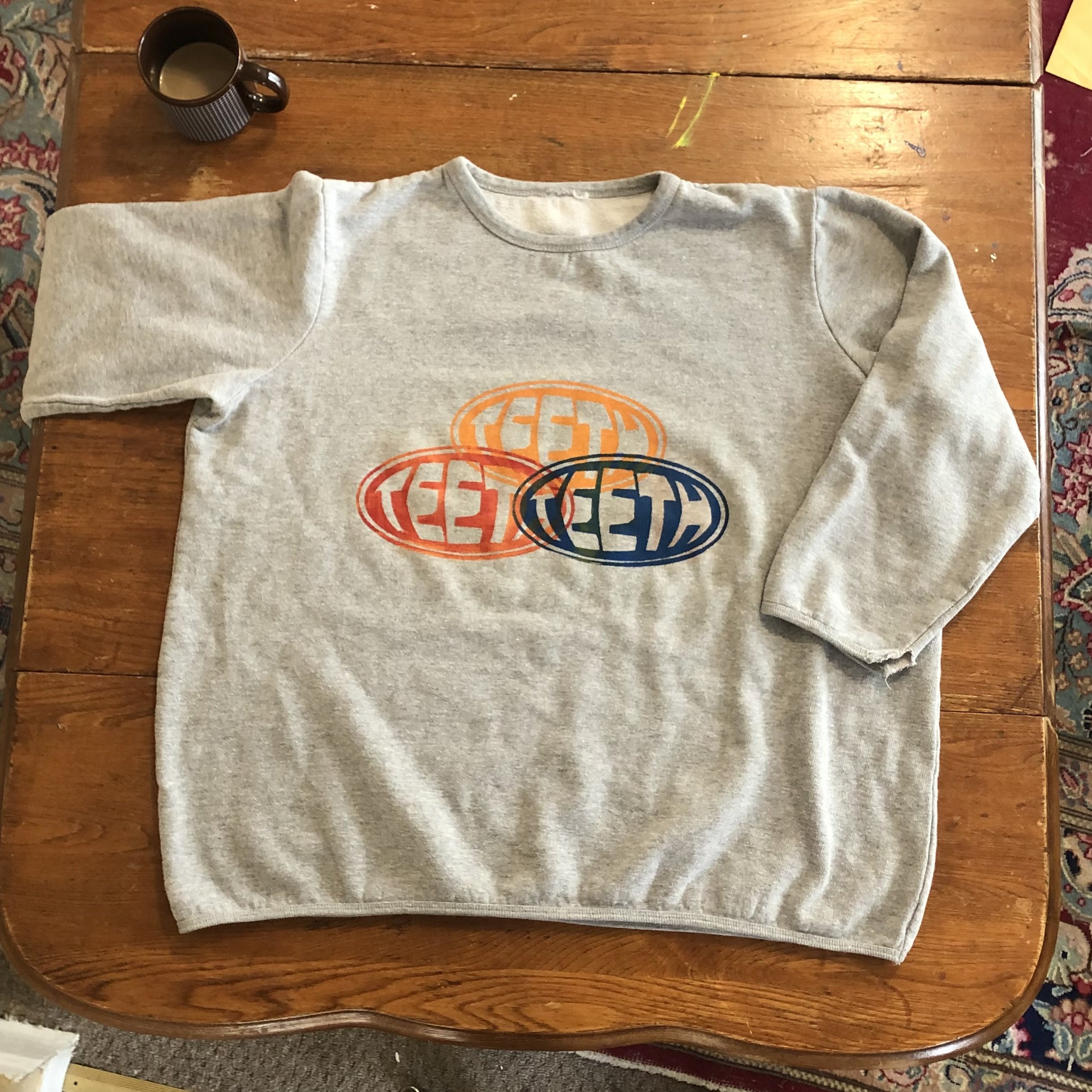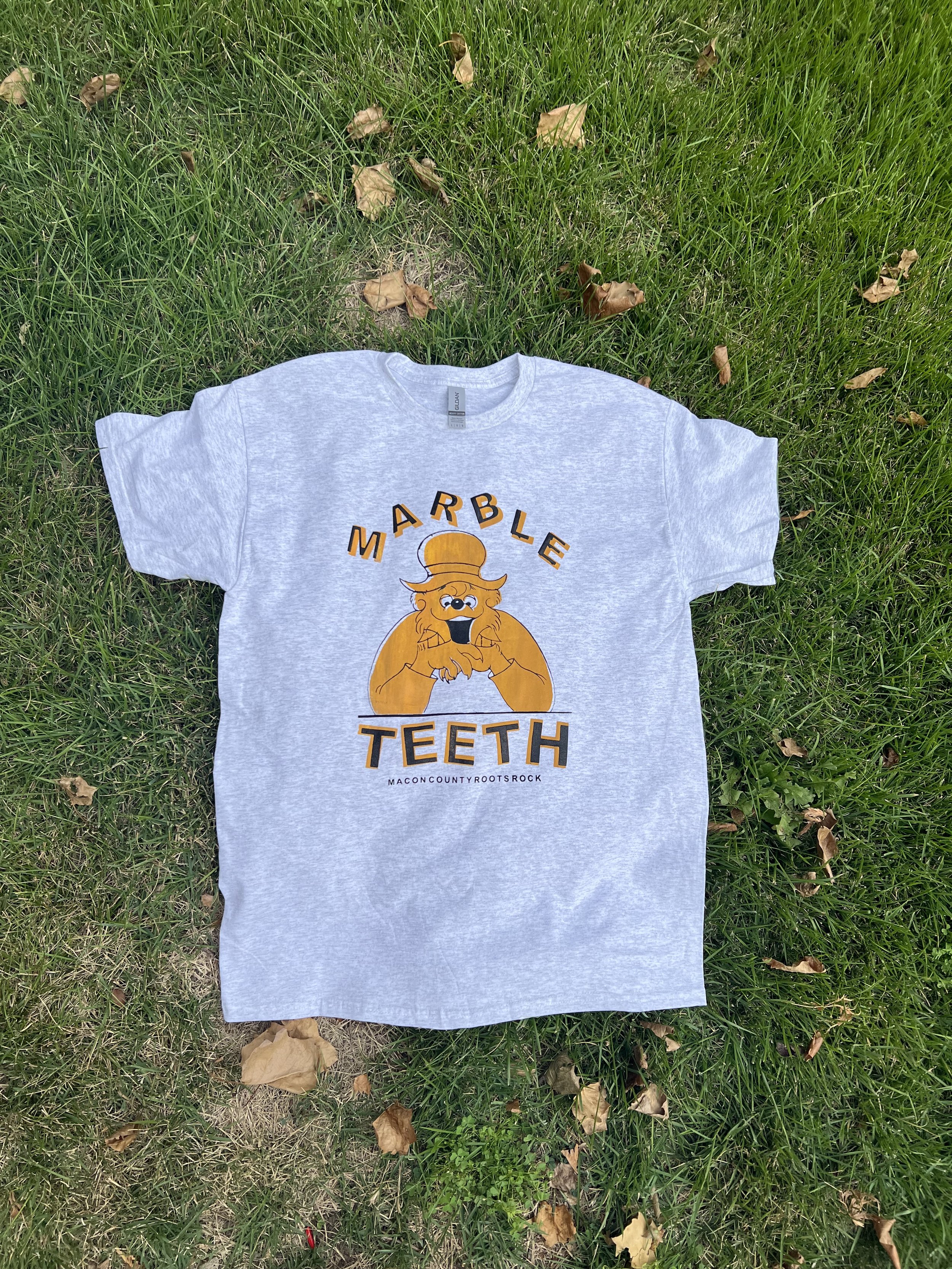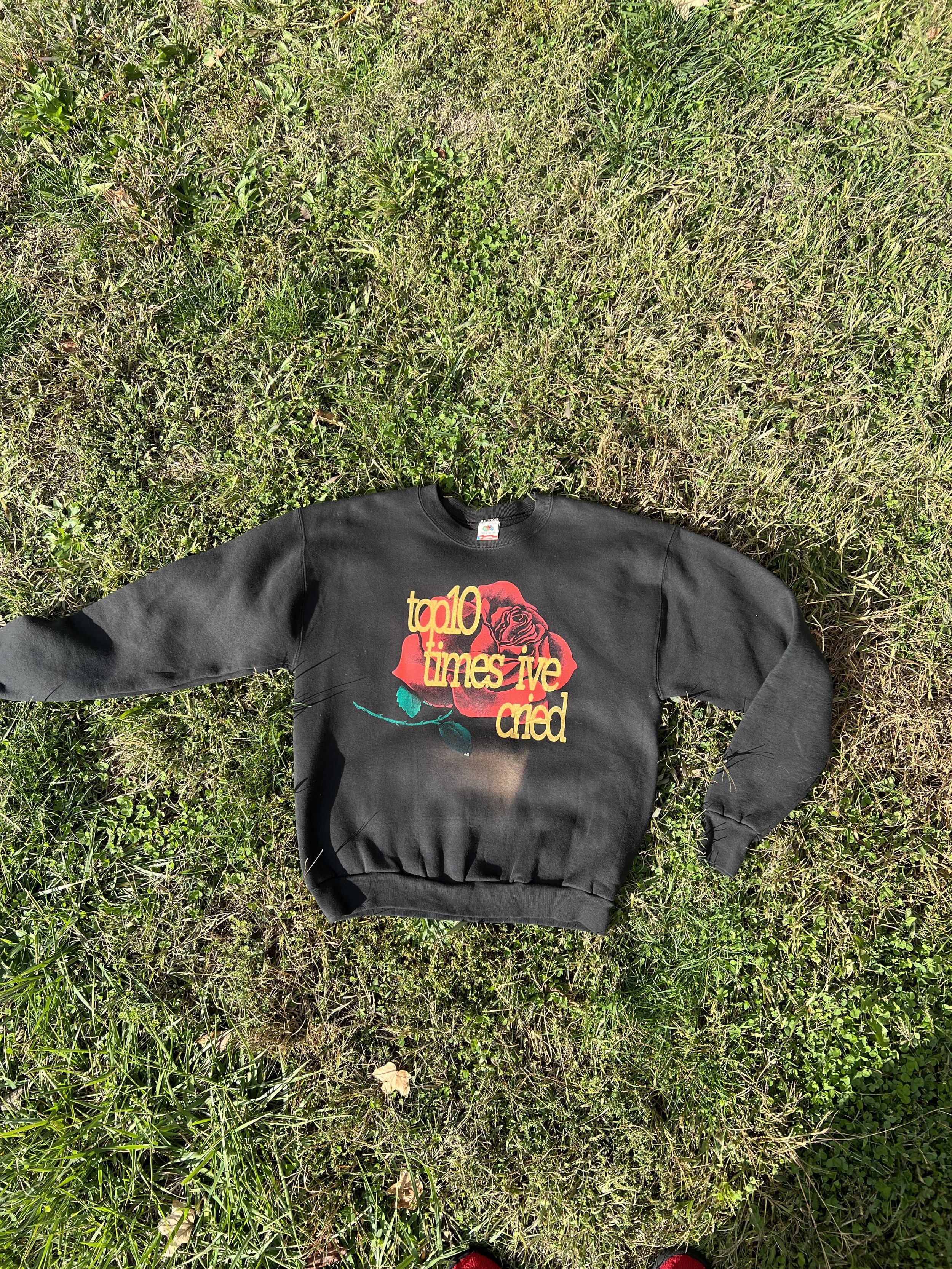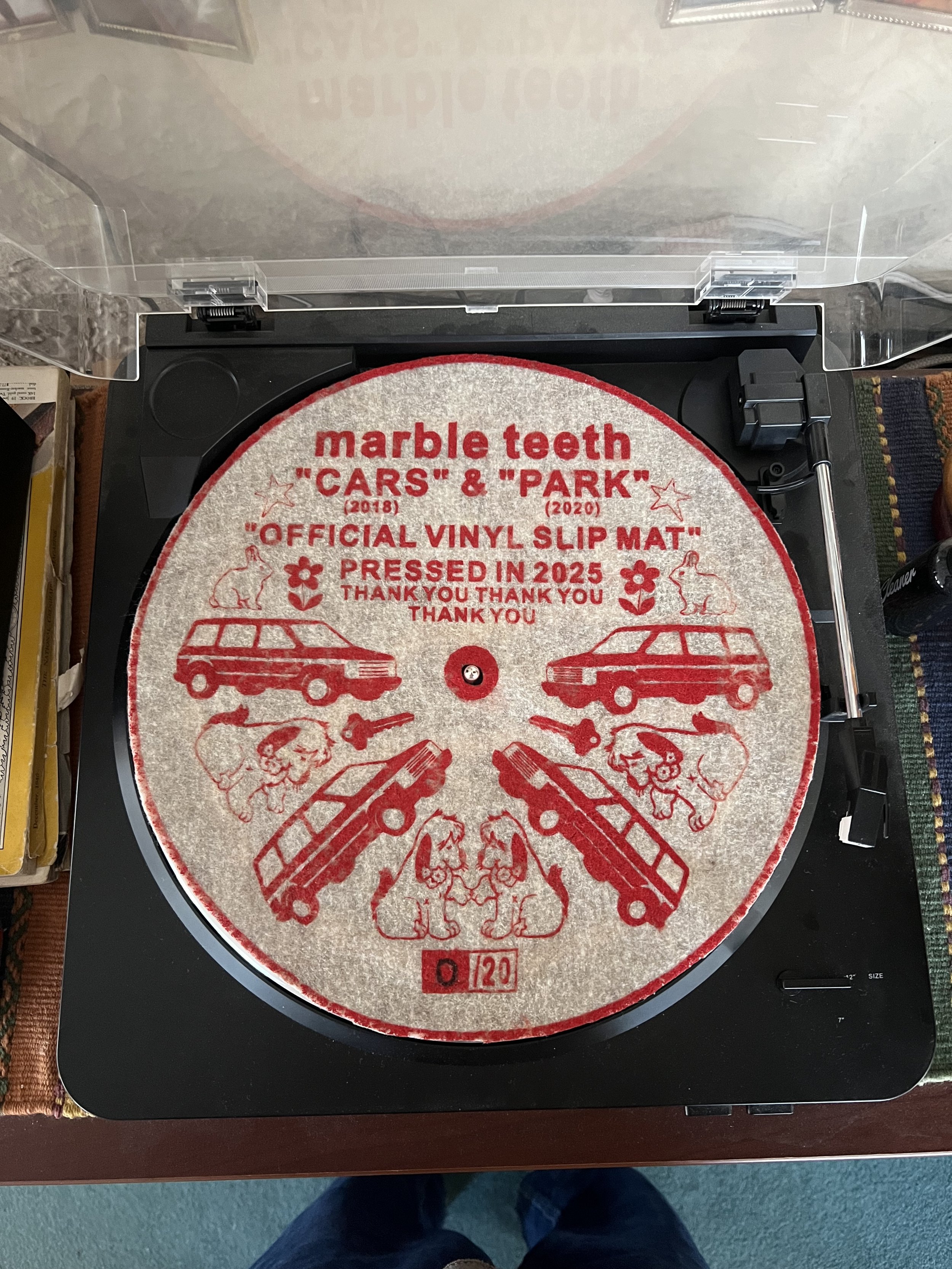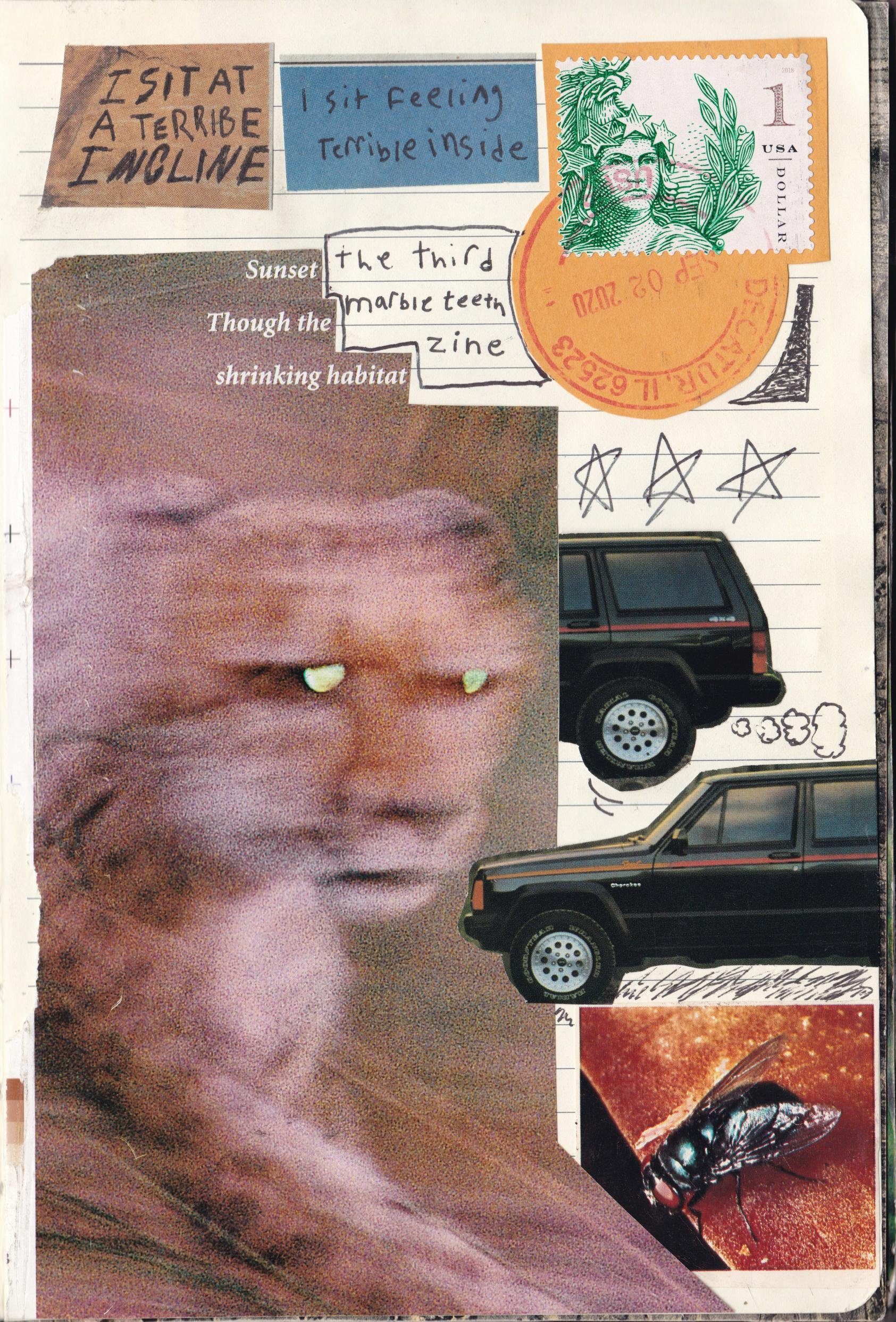Free Range – Lost & Found | Album Review
/Mick Music
In baseball, one of the most critical roles on any team is the utility player. If you find someone like that, you hold on to them like grim death. The best quality of the utility player is their versatility – they are plug-and-play athletes who can move to almost any given position at a moment’s notice. A name that instantly comes to mind is Ben Zobrist, whose contributions led to back-to-back World Series titles for the Kansas City Royals and Chicago Cubs. He is a player who is willing to give whatever is possible for the betterment of the team.
Sofia Jensen is one of those unique utility players in the Chicago indie community, but instead of a bat or glove, Jensen carries a wide array of musical instruments and crafts heartfelt indie rock under the name Free Range. It’s no exaggeration to say that Jensen has Swiss Army Knife-like versatility. Need someone to play guitar? How about someone who can sing backup vocals while also playing the harmonica? What about video recording your show at a historic concert hall? Jensen can do all of that and then some. So when the time comes for them to enter the spotlight on their sophomore record, Lost & Found, it should come as no surprise to hear that Jensen has their jack-of-all-trades skills on full display.
When I think of the Americana genre, I envision bright sunny days, driving solo on the freeway without a care in the world, and the flat plains of the Midwest. So when I listen to this specific type of record, I want the music to transport me, like when Happy Gilmore goes to his Happy Place. Lost & Found hits all the beats I look for in an Americana album: the weepy pedal steel, twangy strummed guitars, and melancholy songwriting are the recipe for a great listening experience. “Storm” is the poster child for this definition, even going so far as to sing about trains, coastlines, and car trips. I listen to the song and immediately feel like I’m road-tripping through the middle of Wisconsin or Iowa (this is a compliment, I swear).
As a humongous Elliot Smith fan, Jensen strives for a similar level of intimacy in the lyrics, treating the songs as acoustic guitar confessionals, almost like a sonic diary. Listening to this collection of tracks, the subject matter gives me the impression that Jensen has a wise, shy, and reserved personality out in the real world. Displaying their signature hushed tone on the exquisite title track “Lost & Found,” Jensen sings, “Show me all your doubts / I tell you all of what I was singing about.” One track later, the emotionally complex “Chase” strikes down on a self-destructive person who’s alienating the ones closest to them. The songwriting feels honest and sincere, coming from someone who wants to find a place to belong.
Self-discovery is a prominent theme across Lost & Found as we hear someone in their early twenties trying to find their place in the world. On the tender guitar-plucked “Faith,” Jensen softly sings, “It’s not like I choose my fears / but there’s nothing worse than running from a mirror.” Who a person is at ten years old is different when they are twenty than at thirty and so on. That’s the beauty in life: finding the maturation of the years aged by growing into the person we are meant to be. Living up to your potential can be a struggle, and not everyone has the opportunity to accomplish this goal, but it feels to me like Jensen is meeting it head-on, and we are hearing a person grow up right in front of us.
At the record’s midpoint, the songs “Hardly” and “Concept” instantly stood out to me. Each song is fleshed out with the added power of the electric guitar and a full arrangement of the band with Jack Henry (Drums), Bailey Mizenberger (Bass), Andy Pk (Pedal Steel), and Tommy Read (Guitar). Jensen’s delivery still flows as smoothly as ever, even when the music is turned up a couple extra decibels. I think of artists like Squirrel Flower, Waxahatchee, or Rosali as trailblazers of this ethos, working toward the same true north that “Hardly” and “Concept” are pointed toward. Both are examples of the exciting spaces that Free Range could explore on future albums and are sure to explode to life in concert.
My favorite storytelling is the heartfelt tale of a love interest, “Conditions,” where the protagonist is unable to express their feelings: “You tell me to be honest / and that’s what I find the hardest.” The feelings of longing, infatuation, and self-doubt hit like a ton of bricks, especially for people coming of age. Jensen’s lyrics have an honesty to them that would lead me to believe this originated from a seasoned veteran artist well into their career. There’s a certain beauty within the pain of maturity; the biggest obstacle is knowing life will hurt but continuing to put yourself out there. Lost & Found is a deeply personal journey of self-discovery someone who is willing to take on countless risks, no matter the costs.
David is a content mercenary based in Chicago. He's also a freelance writer specializing in music, movies, and culture. His hidden talents are his mid-range jump shot and the ability to always be able to tell when someone is uncomfortable at a party. You can find him scrolling away on Instagram @davidmwill89, Twitter @Cobretti24, or Medium @davidmwms.



